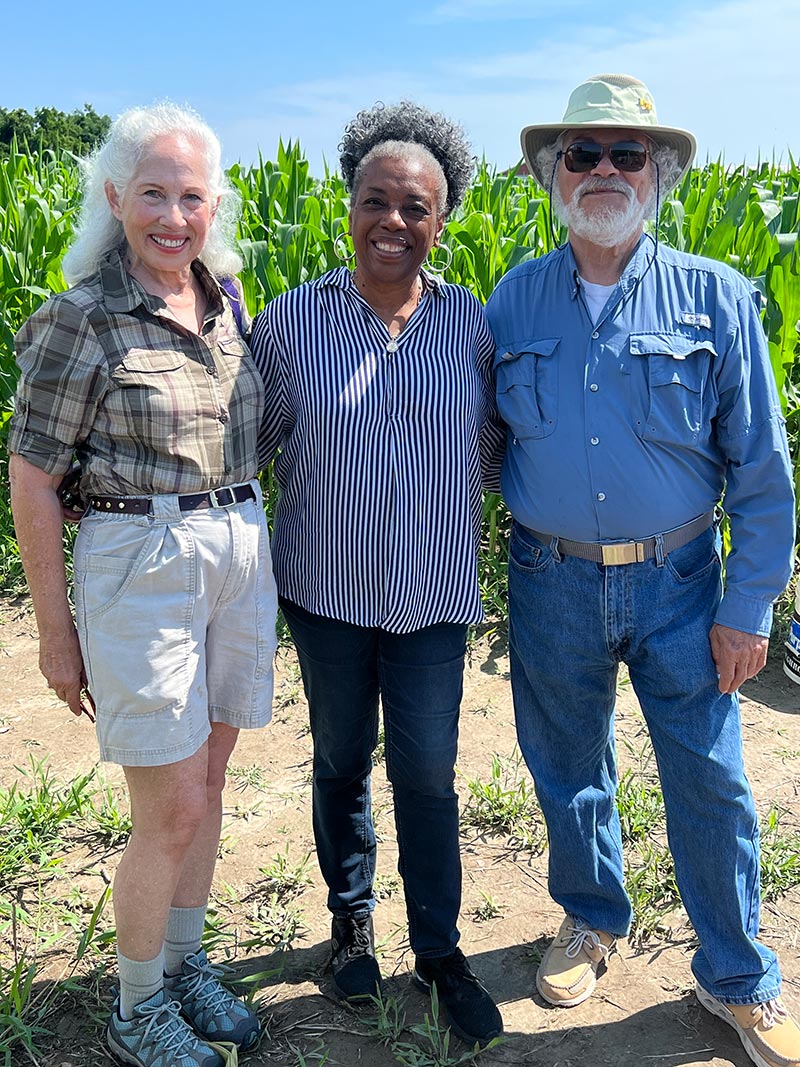A Question of Lineage: The Landmark Case of Elizabeth Key
In the early days of the Virginia Colony, the system of slavery had not yet solidified into the racial caste system it would later become. During this time, individuals of African descent, though often indentured, retained some legal rights to challenge their status. One of the most remarkable cases from this era is that of Elizabeth Key Grinstead, whose fight for freedom in the mid-17th century highlighted the complexities of early colonial laws and set a precedent that shaped the future of slavery in Virginia.
In 1656, Elizabeth Key Grinstead, then 25 years old, successfully sued for her freedom in the Northern Neck. Her case was groundbreaking because it was one of the few instances where an enslaved individual challenged their bondage in court—and won. Elizabeth’s victory was based on two key arguments: her father was an Englishman, and she had been baptized as a Christian, which at the time were significant legal considerations.
However, the outcome of her case sparked a chilling shift in colonial law. In 1662, the Virginia House of Burgesses enacted a statute that forever altered the legal status of children born in the colony. The new law declared:
“Whereas some doubts have arisen whether children got by any Englishman upon a Negro woman should be slave or free, be it therefore enacted and declared by this present Grand Assembly, that all children born in this country shall be held bond or free only according to the condition of the mother.”
This decision fundamentally tied a person’s status to their mother’s, rather than their father’s, overturning the legal precedent Elizabeth Key had relied upon. The implications of this law were devastating. It ensured that the offspring of enslaved women would remain enslaved, regardless of their paternal lineage—even if their father was a free man or a wealthy planter.
This legal shift created a grim incentive for slaveholders: by exploiting enslaved women, they could increase their “property” and bolster their wealth. The law codified not only the dehumanization of enslaved people but also the systemic perpetuation of slavery through generations.
Elizabeth Key’s courageous fight for freedom remains a testament to resilience and the early struggles for justice in the face of an emerging system of oppression. Yet, her story also serves as a stark reminder of how colonial laws were manipulated to entrench inequality and exploitation—leaving an indelible mark on the history of Virginia and the Northern Neck.
